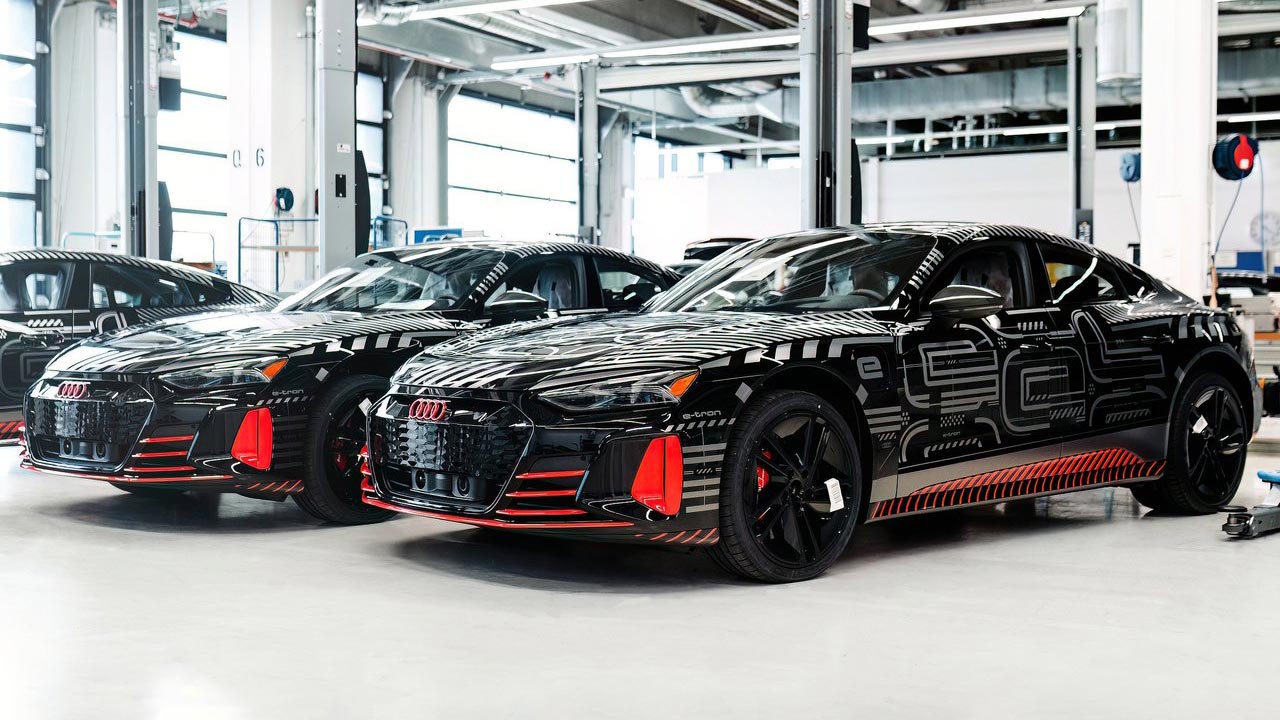So far, Audi's vehicles have all been based on platforms developed within the Volkswagen empire, but competition from domestic manufacturers in the Chinese market is heating up. In fact, analysts predict that 2023 will be the first year in which Chinese automakers control more than 50 percent of their home market.
As a result, Audi will reportedly look to IM Motors, which is owned by SAIC Motor Corp (and VW operates a joint venture company), for help, unnamed sources told Reuters. The details of the deal remain unknown, with price and timing still private, but IM Motors released the tech-forward L7 sedan in 2022.
Previous reports suggest that Audi looked at a number of EV platforms from different car makers, before picking IM Motors’ architecture.
The move comes as Audi is engaged in development work on its own EV platform. The Performance Platform Electric (PPE) is being created with the help of Porsche. Software troubles have slowed that project, and the Porsche Macan, one of the first vehicles set to be based on PPE, was delayed as a result. In addition, recent reports suggest that Audi will also develop another EV platform, which will use VW’s new battery cells.
All of this development work has put Audi in a precarious position. As its sales have suffered, the company’s CEO, Markus Duesmann, will be replaced in September by another executive who is closer to VW CEO Oliver Blume.
Duesmann said last month that Audi had to speed up the development of its new models to meet surging demand for EVs in China. He suggested that the automaker’s troubles were partially down to a lack of vehicles optimized for China.
Audi’s interest in using another company’s platform also points to the surging quality of China’s domestic automakers, and the difficulties foreign manufacturers face in keeping their sales volumes high in the world’s biggest car market.

